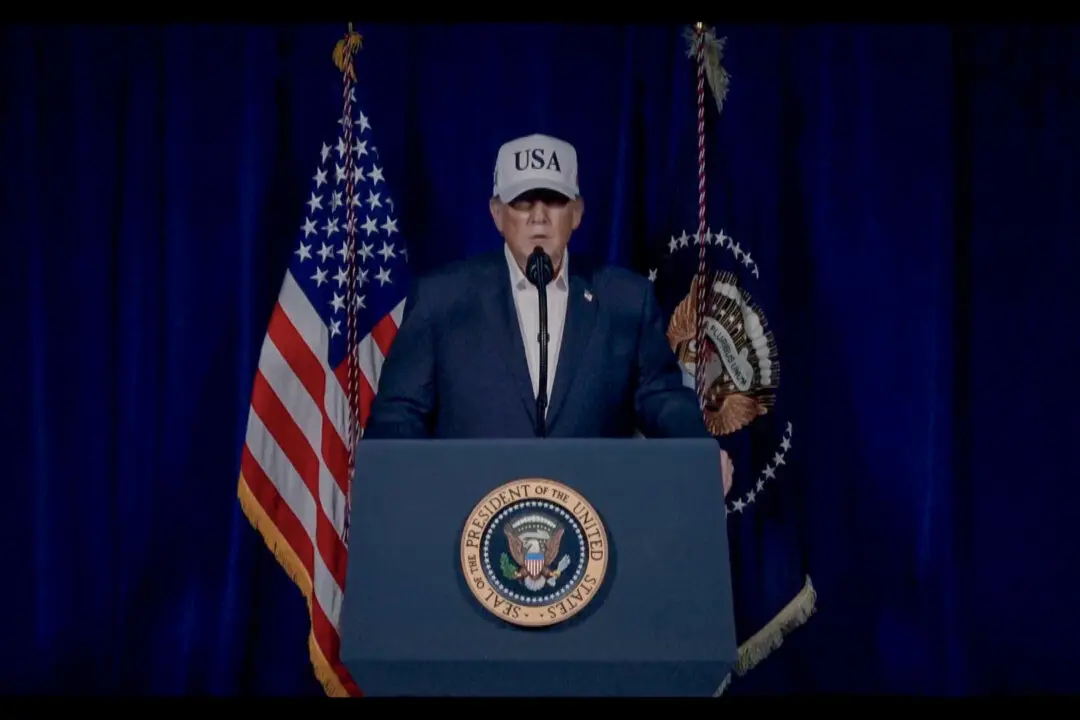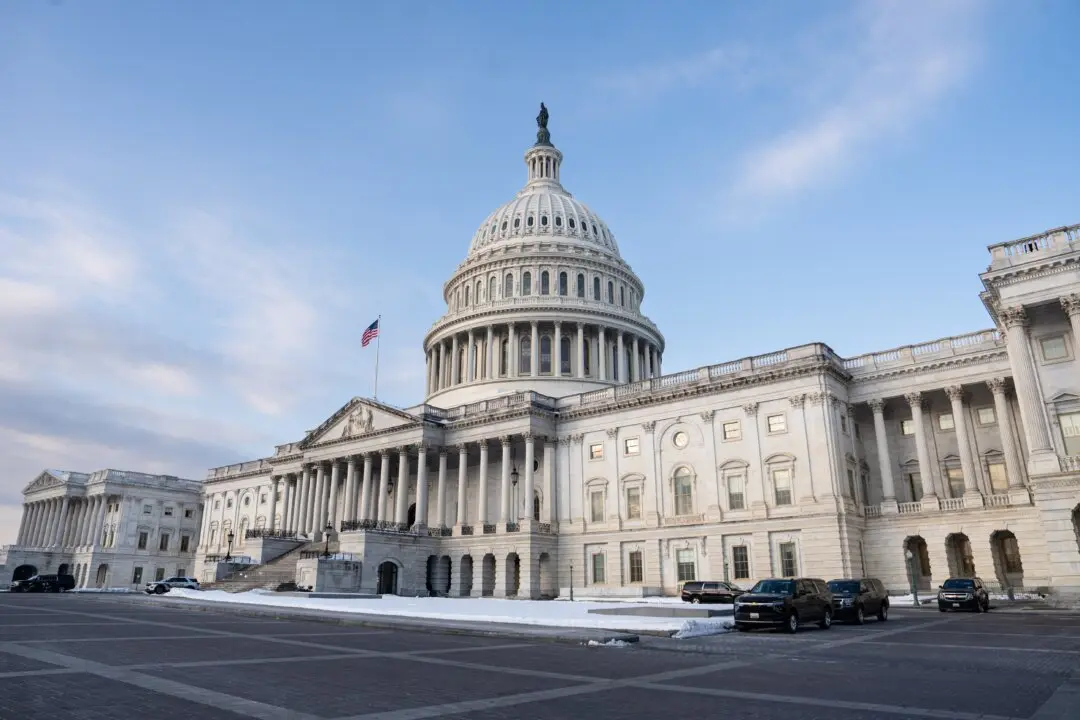U.S. senators are split on President Joe Biden’s decision to arm Ukraine with cluster munitions, with some members of both parties condemning the move and others supporting it.
Mr. Biden announced on July 7 that he had made the “very difficult decision” to arm Ukrainians with cluster munitions, also known as cluster bombs, a controversial armament banned by more than 100 countries. The United States, Ukraine, and Russia aren’t parties to the international treaty banning the weapon.






